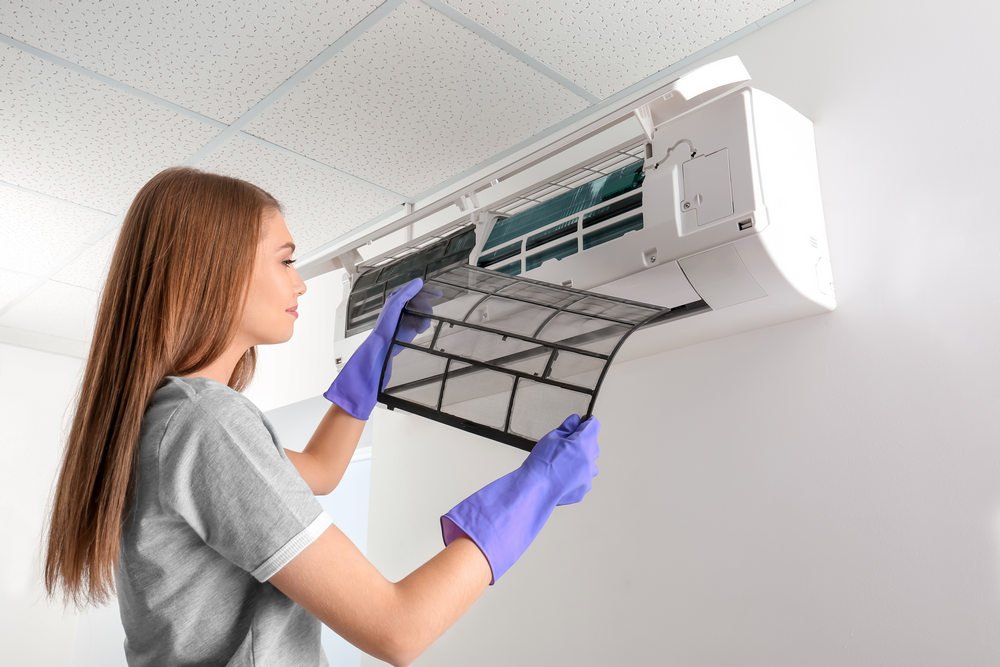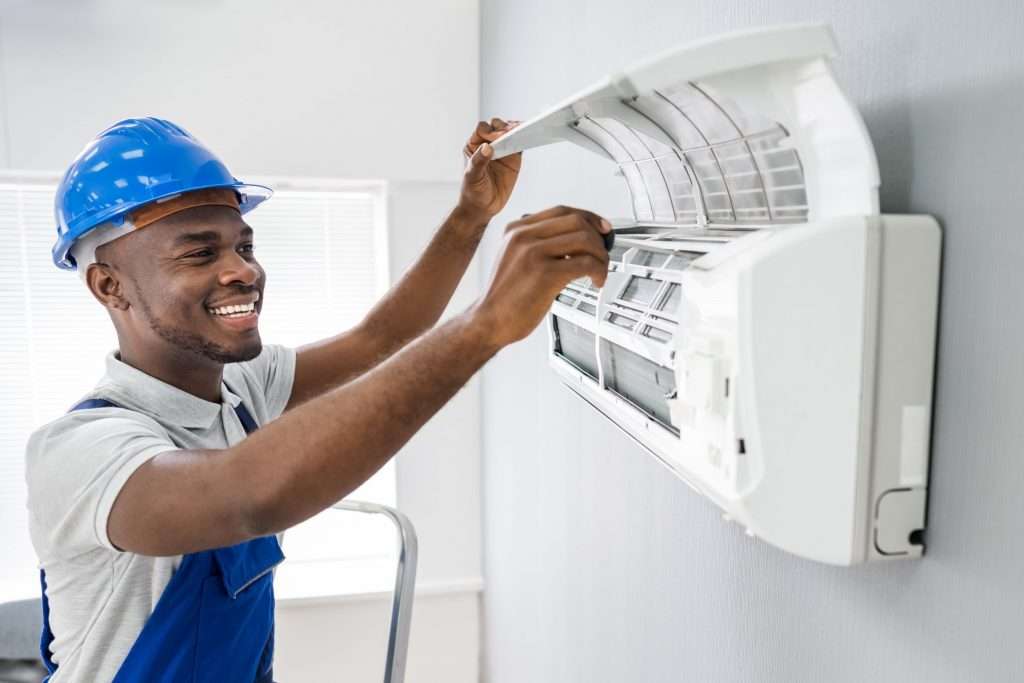In todays world, a well-functioning HVAC system is crucial for maintaining comfort in both homes and businesses. However, when faced with a smelly HVAC system, the comfort quickly turns into discomfort. Understanding and implementing smelly HVAC system solutions can help homeowners and business owners tackle this issue effectively.

Understanding the Root Cause of Smelly HVAC Systems
Before diving into solutions, it is essential to understand why an HVAC system may emit unpleasant odors. Common causes include mold growth, accumulated dust, and even dead animals trapped within the system. Addressing these causes is the first step towards a fresh-smelling environment.
Mold and Mildew in HVAC Systems
Mold and mildew thrive in damp environments, making HVAC systems a perfect breeding ground. These fungi can produce musty smells and can affect air quality. Regular maintenance and cleaning are crucial to prevent mold growth. For more insights, read about mold removal techniques.
Accumulated Dust and Debris
Dust and debris can accumulate in air ducts over time, leading to stale and dusty odors. Regular cleaning of air ducts is necessary to prevent this buildup. Homeowners should consider professional duct cleaning services for a thorough cleanse.
Unexpected Animal Presence
Sometimes, small animals may find their way into HVAC systems, leading to unpleasant odors if they perish inside. Routine inspections can help identify and prevent such occurrences, ensuring a fresh-smelling HVAC system.
Implementing Smelly HVAC System Solutions
Once the root cause is identified, implementing appropriate solutions is the next step. Here are some effective strategies:
Regular Maintenance and Cleaning
Regular maintenance is essential in preventing odors. This includes cleaning or replacing filters, checking for leaks, and ensuring proper ventilation. Learn more about maintaining your system in the article HVAC maintenance tips.
Using Air Purifiers
Air purifiers can help remove odors and improve air quality by filtering out airborne particles. Investing in a high-quality air purifier can contribute significantly to a fresher environment.
Professional Duct Cleaning
Hiring professionals for duct cleaning can ensure that all dust, debris, and potential mold are adequately removed. This thorough cleaning helps maintain a fresh-smelling HVAC system.
Addressing Mold Issues
If mold is the culprit, addressing it promptly is crucial. This may involve using mold removal products or hiring professionals for safe mold remediation. More details can be found in the article on duct odor solutions.
Maintaining a Fresh-Smelling HVAC System
Prevention is always better than cure. Here are some tips to maintain a fresh-smelling HVAC system:
Regular Inspections
Conducting regular inspections can help identify potential issues before they become significant problems. This proactive approach can save time and money in the long run.
Seasonal Checks
Seasonal changes can affect HVAC systems. Performing checks at the start of each season can help ensure the system is in optimal condition. Discover more about seasonal maintenance tips.
Filter Replacement
Regularly replacing filters is essential for maintaining air quality. Clogged filters can contribute to odors and decrease system efficiency.
Ventilation Improvement
Ensuring proper ventilation can prevent moisture buildup and reduce the risk of mold growth. This includes checking all vents and ensuring they are unobstructed.

Frequently Asked Questions
Why does my HVAC system smell musty?
A musty smell usually indicates mold or mildew growth. Regular cleaning and checking for leaks can help prevent this issue.
How often should I clean my HVAC ducts?
It is recommended to clean HVAC ducts every 3-5 years or more frequently if you notice odors or decreased air quality.
Can air purifiers eliminate HVAC odors?
While air purifiers can help reduce odors, they should be used in conjunction with regular maintenance and cleaning for best results.
For additional tips on maintaining a fresh-smelling HVAC system, visit aeheatingandcooling.com for expert advice.
This article contains affiliate links. We may earn a commission at no extra cost to you.